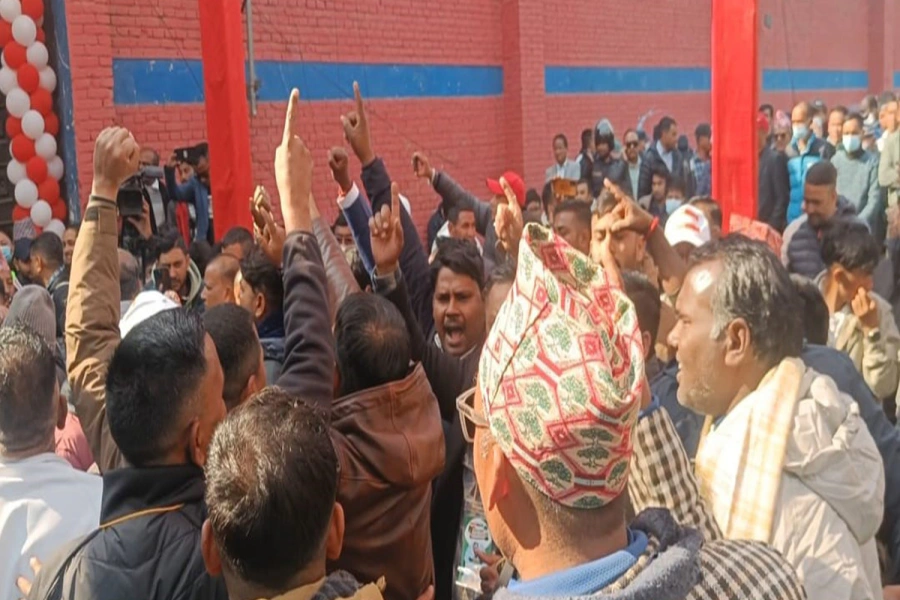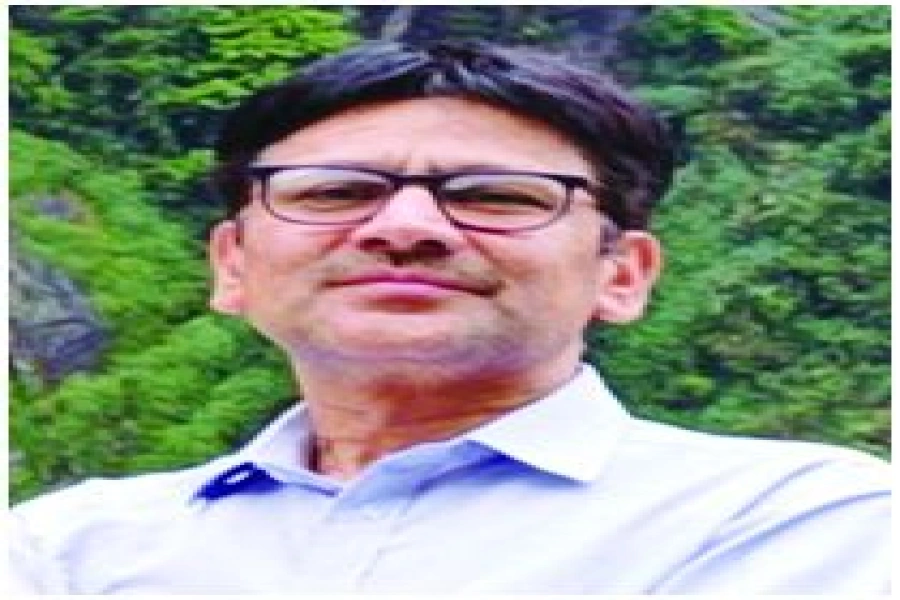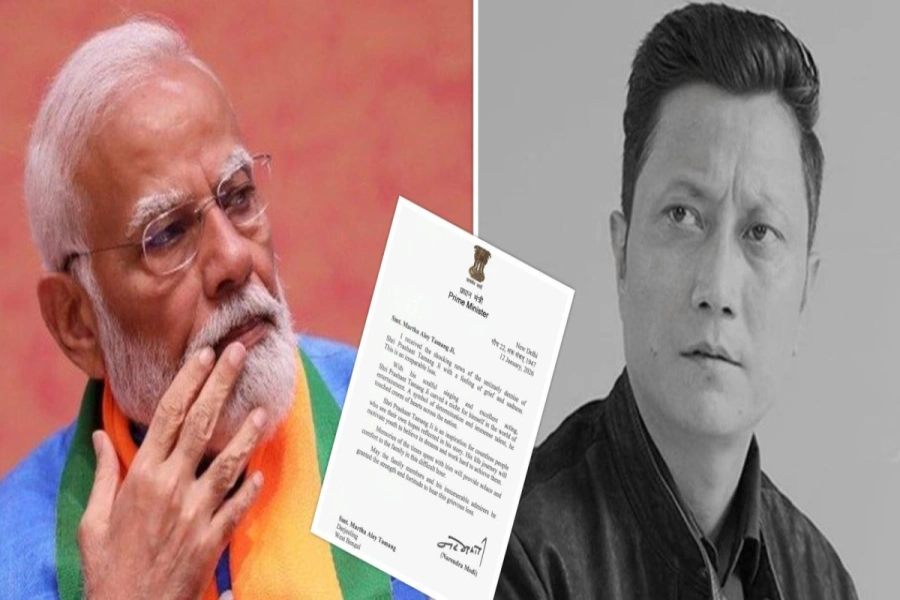When it did, what a storm it made!
Bulgakov’s is a name that often falls through the cracks when one talks of Russian Masters, but those who know of his works, especially Master and Margarita, agree on his unparalleled skills as a writer. His books aren’t physically hefty like some of Tolstoy’s and Dostoevsky’s but they are perhaps heftier in their material. It would be wrong to classify Master and Margarita as any one thing because it’s a large, complex novel, spun from satire, magical realism, audacious rewriting of history, and retelling of facts. It’s also a love story and an experiment that questions popular atheism in Russia then, a Faustian piece with Satan’s visit to Moscow, literature that re-imagines the day of Jesus’ Crucifixion, and so much more. It’s also a witty novel, or just a novel that can be read for fun.[break]
The novel begins with the meeting of three men in a park near the Patriarch’s Pond. They are Berlioz, the head of the MASSOLIT; Ivan Homeless the poet; and Woland, who is Satan in disguise. But Satan is dressed only to look like a human; he doesn’t hide his knowledge or attempt to draw the characters into evil. Rather, he attempts to reason and argue with them and tells them of the day when Jesus was crucified, of how Pontius Pilate felt, of what the day was like, because he was there. Berlioz and Ivan listen to him but aren’t sure whether or not to believe him. Berlioz, who is in a hurry, decides to leave the two on the bench to make it to a MASSOLIT meeting. Satan tells him that he’ll not make it because Annushka has bought sunflower oil. The statement doesn’t make sense to Ivan or Berlioz, until Berlioz slips on some spilled oil by the train tracks and his head is severed from his body. Thus unfurls the narrative and we’re led into a deeply troubled world.
Bulgakov’s Satan isn’t your staple evil power, not even like the Faustian devil, even though Woland is a variant name from Christopher Marlowe’s play. Satan here rather exposes evil and seems to compliment Jesus or Yeshua Ha-Nozri’s work. Toward the end, we find that he does his bidding. As Bulgakov’s Satan says: “What would your good do if evil didn’t exist, and what would the earth look like if all the shadows disappeared? After all, shadows are cast by things and people. Here is the shadow of my sword. But shadows also come from trees and living beings. Do you want to strip the earth of all trees and living things just because of your fantasy of enjoying naked light?”
And Yeshua (Jesus) is also not the Jesus that is popularized but someone who has a sense of humor, and can also be manipulative. Pontius Pilate himself is caught in a limbo, made to pay for one moon with 24,000 moons.
Despite everything I say, everything that can be written about this book, nothing can quite prepare you for the ride. Salman Rushdie admitted to being influenced by Bulgakov when writing The Satanic Verses. Great art breeds great art. Nevertheless, no writer can please or set out to please their readers.
And Bulgakov wrote in a regime where he wasn’t allowed to write freely, so don’t expect this to be an easy reading. There are parts that may seem a little dated, such as his jabs at Jazz, but all of that falls away when compared with priceless moments such as these:
“You’re not Dostoevsky,” said the citizeness, who was getting muddled by Koroviev.
“Well, who knows, who knows,” he replied.
“Dostoevsky’s dead,” said the citizeness, but somehow not very confidently.
“I protest!” Behemoth (a large black cat) exclaimed hotly. “Dostoevsky is immortal!”
When you’ve read it once, you can follow the subtitled televised version of the book or even the graphic novel version online. Once you begin to know of Bulgakov, you never stop hearing about skills.
Make burn care treatment available in Nepal





































